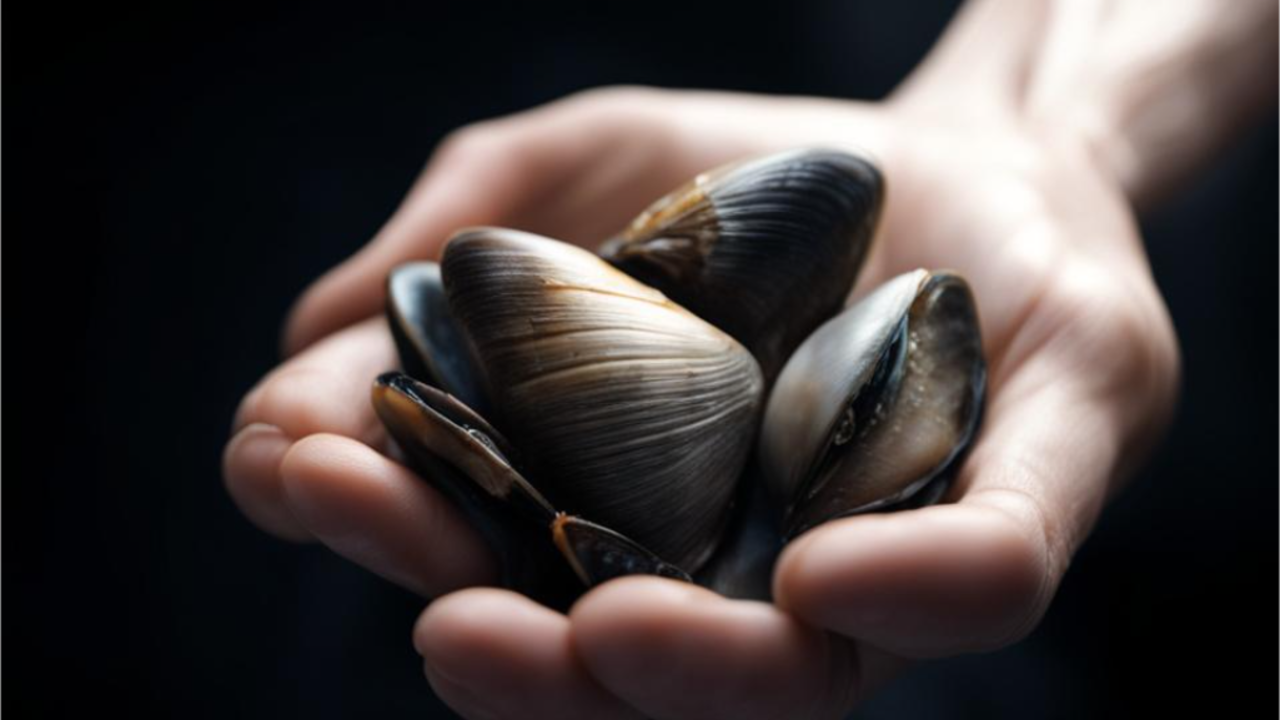Infections around implants are a serious problem; It often causes complications and requires additional surgeries. Antibiotics are often used to combat these, but sustained release of these drugs can encourage the development of antibiotic-resistant bacteria.
For inspiration, Korean researchers turned to mussels, known for their incredible ability to stick to wet surfaces. They engineered mussel adhesive protein (MAP) to contain large amounts of DOPA, a naturally occurring amino acid that forms strong bonds. Gentamicin, a common antibiotic, and iron ions were also added to the protein.
The most important feature of this coating is the controlled release of antibiotics. Under healthy conditions, DOPA binds tightly to iron ions, keeping gentamicin securely within the MAP coating. However, when harmful bacteria enter the body, they create an acidic environment. The acid weakens DOPA’s bond to iron, causing gentamicin to be released only when needed to fight infection.
Animal tests showed that the coating effectively killed Staphylococcus aureus bacteria, releasing 70% of the antibiotic within eight hours of infection. Moreover, the coating adhered tightly to the titanium implants even under load and remained effective throughout the bone tissue regeneration process.
News materials cannot be equated with a doctor’s prescription. Consult an expert before making a decision.
Source: Ferra
I am a professional journalist and content creator with extensive experience writing for news websites. I currently work as an author at Gadget Onus, where I specialize in covering hot news topics. My written pieces have been published on some of the biggest media outlets around the world, including The Guardian and BBC News.











